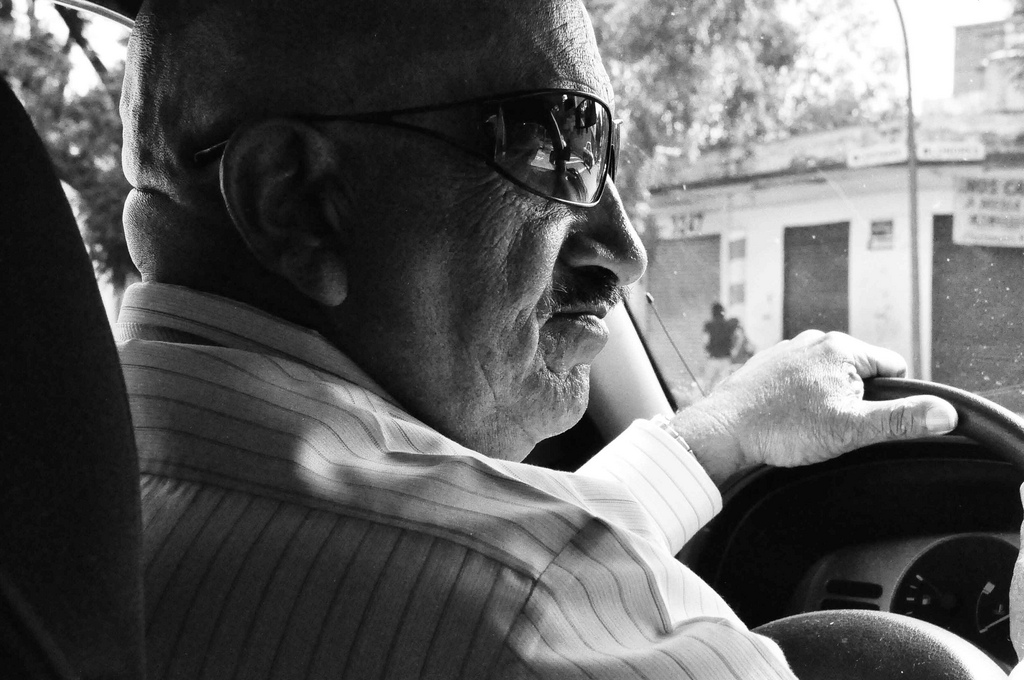Where The Needs Of Others Come First · Available 24x7 For Emergencies

Google’s Driverless Car Could Help Elderly Drivers Maintain Independence
Rumors about Google’s driverless car have been circulating for years now. Testing of self-driving Lexus and Toyota models began in 2009, with vehicles that operated independently while still incorporating driving controls and the option for a driver to take over when necessary. Now, however, Google is about to take the concept to a whole new level. In May of last year, Google introduced their first completely driverless car, a vehicle with no steering wheel or controls at all. Testing is still in the early stages, but Google remains optimistic about the possibility of their driverless vehicles becoming mainstream in the future. If that happens, elderly people could become some of the greatest beneficiaries of the technology, which would allow them to maintain their independence and mobility even after failing eyesight or other health concerns made driving unsafe.
Safety Measures: Why Driverless Technology Matters for Seniors
The number of driver fatalities increases significantly after the age of 75. Because seniors face greater physical vulnerability, they may be more likely to suffer serious injury or death as a result of a car accident than younger drivers would. Many seniors can identify when they are unable to drive as well as they used to and they begin to regulate themselves by not driving at night, not driving far from home, or driving only to habitual destinations. But when it comes time to turn over the keys, seniors often feel a profound sense of loss as their independence is suddenly curtailed. Driverless technology could help elderly people regain that independence by allowing them to travel when and where they need to go, despite the limitations of age.
How Soon Could Elderly People Benefit from Driverless Auto Technology?
Totally driverless cars are still quite a way from being commercially available. But for the 36 million seniors who still have a driver’s license, the technology seems tantalizingly close. While we may not see driverless cars on the road for quite some time, self-driving cars with a human driver aboard to take the controls if needed are already on the road. They’re not commercially available yet, but Google sees self-driving cars as the transportation of the future.
Helping Seniors Stay Mobile
In the meantime, family members who want to ensure the safety of their elderly loved ones should offer plenty of emotional support and understanding about an issue that can be extremely sensitive. The AARP recommends that seniors take a driver safety course to help them understand how driving changes as people age. Family should also encourage loved ones to have their eyesight and hearing tested every year to make sure they can still drive safely. When the time comes to hand over the keys, make sure seniors still have plenty of opportunities to get out of the house with family, friends, or an in-home caregiver. While losing the ability to drive can be a disappointing milestone for seniors, family members can ease the process by offering love, support, and a reliable chauffeur.
Photo by Rod Waddington 
